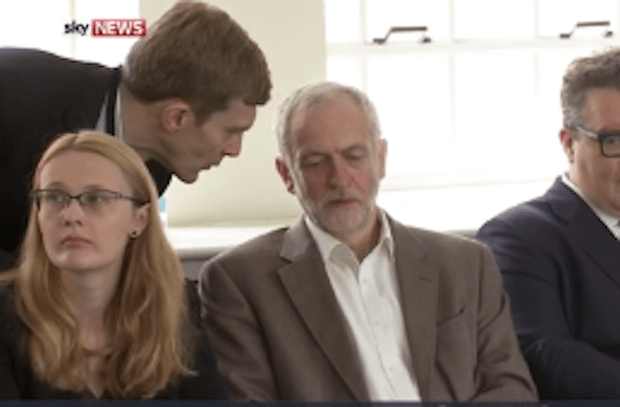Labour MPs have just voted 168 to 34 in favour of bringing back Shadow Cabinet elections. This doesn’t mean there will be elections for the Labour top team straight away: the measure, proposed by Clive Betts, now goes to the party’s ruling National Executive Committee, which is now dominated by Corbynites. If the NEC so chooses, it can propose the rule change at the party’s conference.
This is, however, another example of the PLP, which had been fading as a parliamentary force compared to the Tory backbench 1922 Committee, asserting itself against Jeremy Corbyn. The argument in favour of Betts’ motion, which is supported by Deputy Leader Tom Watson, is that it would bring the party back together and, as it states, ‘ensure that the Shadow Cabinet has the support of backbench Labour MPs and that the entire PLP can become an effective opposition’.
Corbyn himself has proposed that the party’s members, who look set to hand him a second clear victory as Labour leader, have more say in who joins the frontbench.
But unless all those elected to the Shadow Cabinet ran on a platform of saying whatever they fancied and contradicting Corbyn in the Commons at every opportunity, it isn’t clear why anyone would want to stand again for a top job. It would erode Corbyn’s power to get things done in the way he would like, for sure, with many more stand-offs resembling the split between leader and Shadow Foreign Secretary on action against Islamic State in Syria. Serving in the Shadow Cabinet would still yield precious few rewards when no-one is listening to Labour talk about policy. Labour backbenchers such as Chuka Umunna often manage to get far more airtime to discuss their policy proposals than their frontbench colleagues anyway.
And the motion is merely an attempt to get around the biggest problem that the majority of Labour MPs have, which is that the party membership disagrees with them about who should be leading the party and setting policy. Until they are able to change the minds of Labour members, or change the composition of the Labour membership, they will have to content themselves with passing motions calling for party rule changes, rather than getting on with trying to convince voters of their readiness for government.







Comments